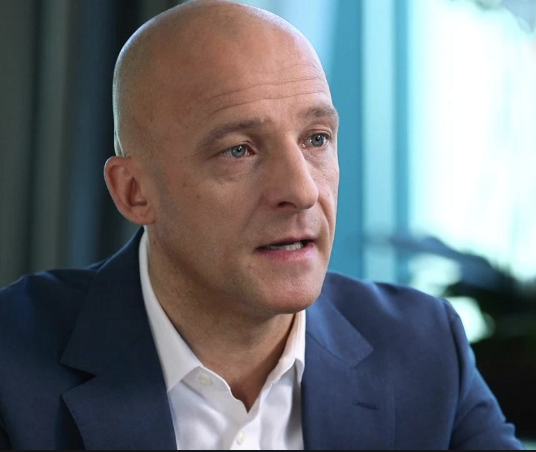Share this Page:
In this video interview, Dr Eric Jonasch from MD Anderson Cancer Center in Houston, Texas, USA speaks about the use of hypoxia-inducible factor (HIF) 2alpha inhibitor for the treatment of renal cell carcinoma (RCC) associated with von Hippel-Lindau (VHL) disease.
Firstly, Dr Jonasch describes how HIF-2alpha combines with HIF-1beta to act as a transcription factor to transcribe hypoxia-inducible genes (genes that are switched on when there is a lack of oxygen). The VHL gene regulates the transcription of hypoxia-inducible genes. In people with a broken or mutated VHL gene, HIF activity progresses unchecked resulting in excess angiogenesis. HIF inhibitors block angiogenesis.
VHL disease affects about 1 in 35,000 people worldwide, about 10,000 cases in the United States. VHL is characterised by lesions in the eye, brain stem, cerebellum, and spine, which are very vascular (contain a lot of blood vessels). These are haemangioblastomas, and are usually not cancerous but can cause damage to the organs in which they are found. Other tumours can be found in the ear, pancreas, adrenal gland and kidneys, some of which can become cancerous and spread.
HIF-2alpha inhibitor has been tested in 55 individuals with heavily pre-treated metastatic RCC. It resulted in a median objective response rate of 24% and a median progression-free survival of 11 months. A progression-free survival of 11 months in this very heavily pre-treated patient population is somewhat unprecedented.
HI -2alpha inhibitor been tested in VHL disease itself, and all patients had RCC. Results for this trial are due out next year.















